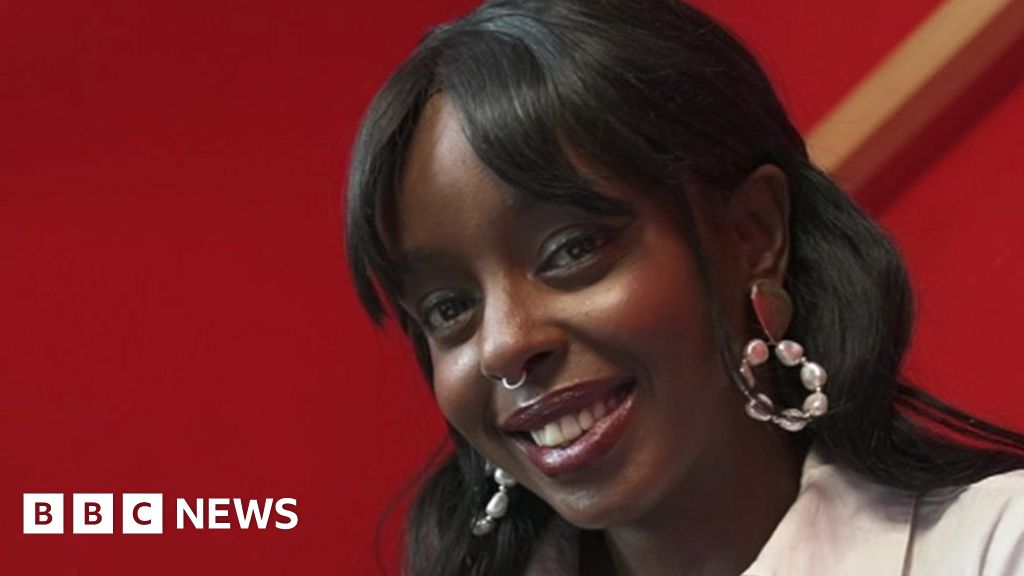7 hours ago
By Bushra Mohamed, BBC News
Content Warning: This article contains detailed descriptions of the practices involved in female genital mutilation
Shamsa Sharawe has gained notoriety within the Somali community worldwide for her outspoken stance against female genital mutilation (FGM). In a video demonstrating what happened to her vulva at the age of six, she used a razor blade to cut off the petals of a rose and then stitched up what remained of the flower. This TikTok post went viral, amassing nearly 12 million views since it was shared 16 months ago.
FGM, particularly the most severe form known as infibulation or “type three,” is prevalent in Somalia. It is believed that removing a girl’s outer genitalia will ensure her virginity. Women who do not undergo FGM are often stigmatized in Somali society, facing accusations of promiscuity and risking their family’s reputation.
Despite these taboos, Shamsa Sharawe, known as Shamsa Araweelo on TikTok, fearlessly addresses these issues with humor, engagement, and heartbreaking honesty. She bravely shared her traumatic experience of being forcibly married and raped at 18 on a trip to Somalia. After enduring a second failed marriage and years of abuse, she decided to undergo reconstructive surgery to restore her genitalia.
Reconstructive surgery for FGM survivors is not readily available through the UK’s National Health Service (NHS). Through crowdfunding, Shamsa raised funds to undergo a four-and-a-half-hour procedure in Germany. The surgery, which included the reconstruction of her clitoris and labia, aimed to reduce pain and improve her quality of life.
While the physical and emotional toll of the surgery has been significant, Shamsa is grateful for the opportunity to feel whole again. She hopes that by sharing her journey, she can empower other women who have experienced FGM to explore their options for reconstruction.
The article also discusses the various types of FGM, the availability of reconstructive surgery in different countries, and the challenges faced by women seeking these procedures. It highlights the importance of comprehensive care, including psychological support, for FGM survivors to heal emotionally and physically.
Ultimately, Shamsa Sharawe’s story is a testament to resilience, courage, and the pursuit of bodily autonomy. Despite the obstacles she has faced, she remains determined to advocate for the rights of FGM survivors and raise awareness about the impact of this harmful practice.

